To provide the best experiences, we use technologies like cookies to store and/or access device information. Consenting to these technologies will allow us to process data such as browsing behaviour or unique IDs on this site. Not consenting or withdrawing consent, may adversely affect certain features and functions.
The technical storage or access is strictly necessary for the legitimate purpose of enabling the use of a specific service explicitly requested by the subscriber or user, or for the sole purpose of carrying out the transmission of a communication over an electronic communications network.
The technical storage or access is necessary for the legitimate purpose of storing preferences that are not requested by the subscriber or user.
The technical storage or access that is used exclusively for statistical purposes.
The technical storage or access that is used exclusively for anonymous statistical purposes. Without a subpoena, voluntary compliance on the part of your Internet Service Provider, or additional records from a third party, information stored or retrieved for this purpose alone cannot usually be used to identify you.
The technical storage or access is required to create user profiles to send advertising, or to track the user on a website or across several websites for similar marketing purposes.
 According to a new study from employment law firm Kew Law a third of people claim to have been bullied at work in the last three years and nearly three quarters say they have either been bullied themselves or witnessed a colleague being bullied. According to the survey of employees of 131 companies in the UK, most of the instances involved unfair treatment, overwork and general undermining of an individual. (more…)
According to a new study from employment law firm Kew Law a third of people claim to have been bullied at work in the last three years and nearly three quarters say they have either been bullied themselves or witnessed a colleague being bullied. According to the survey of employees of 131 companies in the UK, most of the instances involved unfair treatment, overwork and general undermining of an individual. (more…)






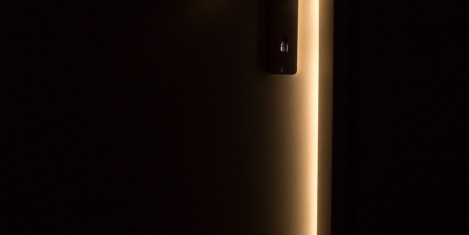

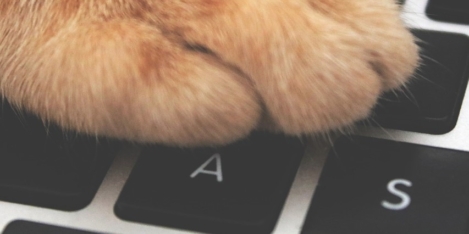
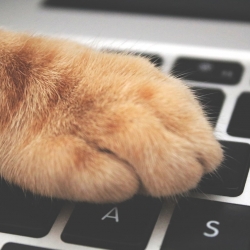






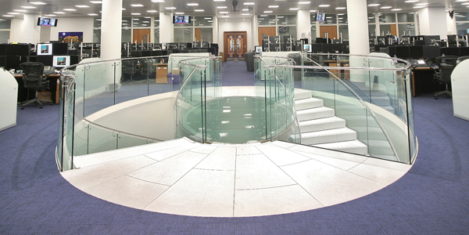
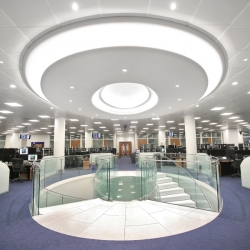
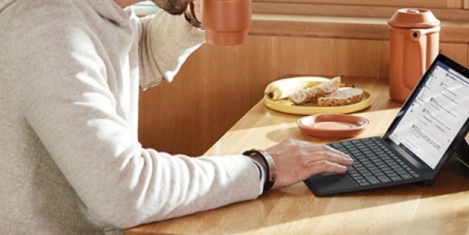
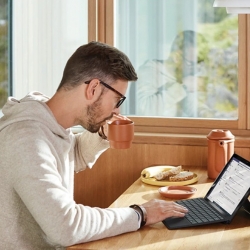
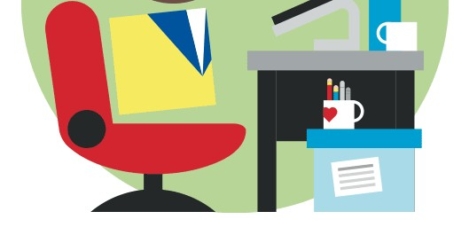
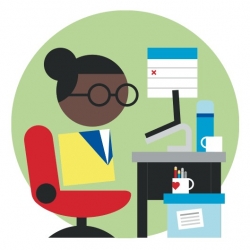
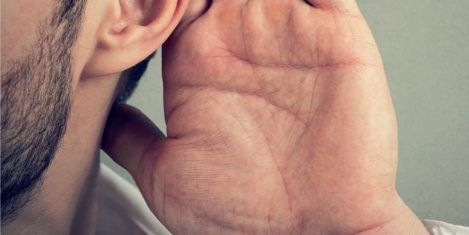












April 22, 2020
An optimistic take on the future of work
by Chris Hood • Comment, Flexible working, Technology, Wellbeing, Workplace design